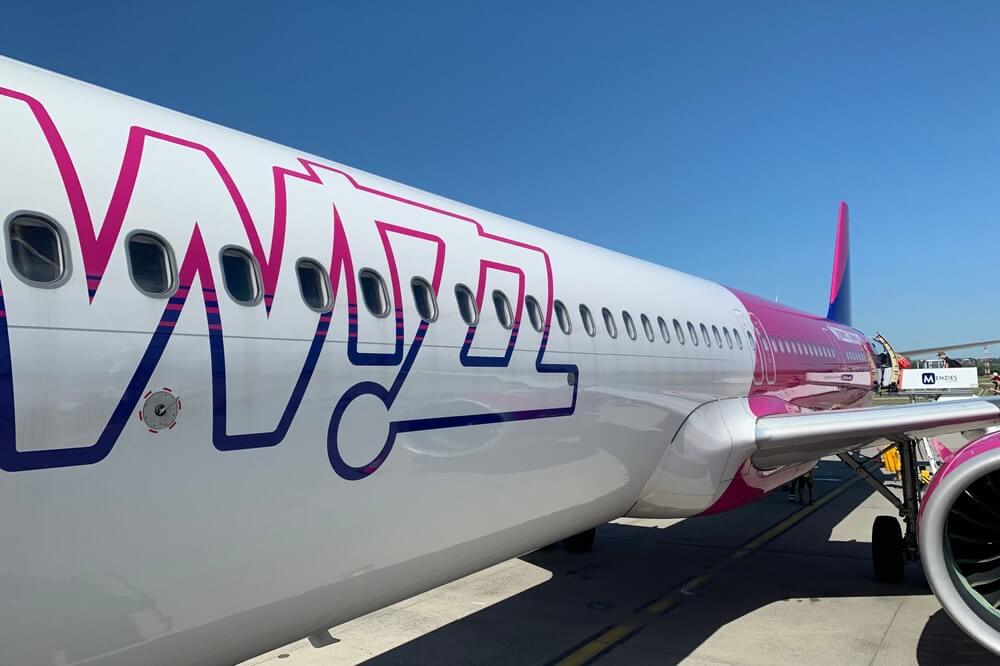The US Department of Transportation (DoT) has denied eastern European carrier Wizz Air’s application to operate cargo flights to the United States due to concerns over its safety oversight.
The Federal Aviation Administration (FAA) said it needed more information about the nature of safety oversight between European Union Aviation Safety Agency (EASA) and the Civil Aviation Authority of Hungary, “to be in a position to make a safety recommendation to the Department of Transportation”.
“In this case, the FAA has advised that it cannot make a determination at this time as to whether the safety oversight of Wizz Air Hungary is sufficient to support the award of economic authority to the applicant,” the US DoT said in an order dismissing the application.
Wizz Air will be able to refile its application once the regulator has more information about the safety oversight arrangement between EASA and the Hungarian CAA.
AeroTime has asked Wizz Air for a comment.
I appreciate @USDOT and @FAANews for their work in helping keep our skies the world’s safest. In addition, we could not have done this without the support of our friends at @EU_Cockpit as well as many of our fellow #aviation #labor unions in the United States. #1u #UnionStrong https://t.co/ypDIAoSXVh
— Capt. Joe DePete (@ALPAPresident) July 21, 2022
In January 2022, Wizz Air applied to the US DoT for a Foreign Air Carrier Permit (FACP) to operate cargo flights to the United States, using its Airbus A330 freighter.
Just weeks after the Hungarian low-cost airline applied for the FACP, various pilot unions, including the Air Line Pilot Association (ALPA), the Southwest Airlines Pilots Association (SWAPA), the Allied Pilots Association (APA), the European Cockpit Association (ECA), the Independent Pilots Association (IPA), urged the DoT to reject the application, saying the airline’s anti-union stance could potentially detriment flight safety.
ALPA commented they were “grateful” that the DoT and FAA had listened to their concerns and “understood the potential risks that insufficient oversight of Wizz Air could pose to the safety of our aviation system”.
Wizz Air has previously dismissed any claims about lack of safety at the airline. However, in June 2022, Wizz Air CEO Jozsef Varadi was criticized by a number of pilot unions following comments regarding pilot fatigue. The CEO once again sparked safety concerns by suggesting that too many pilots are reporting cases of fatigue and that they should keep working even if they are fatigued.

